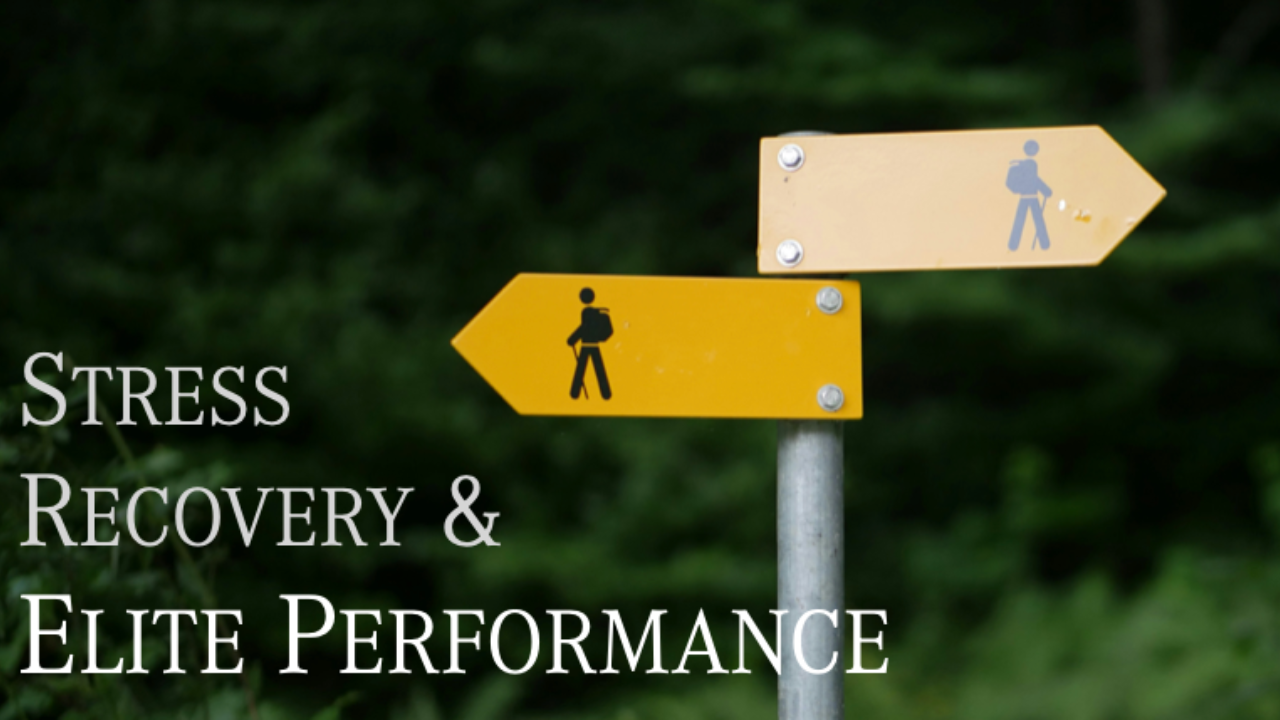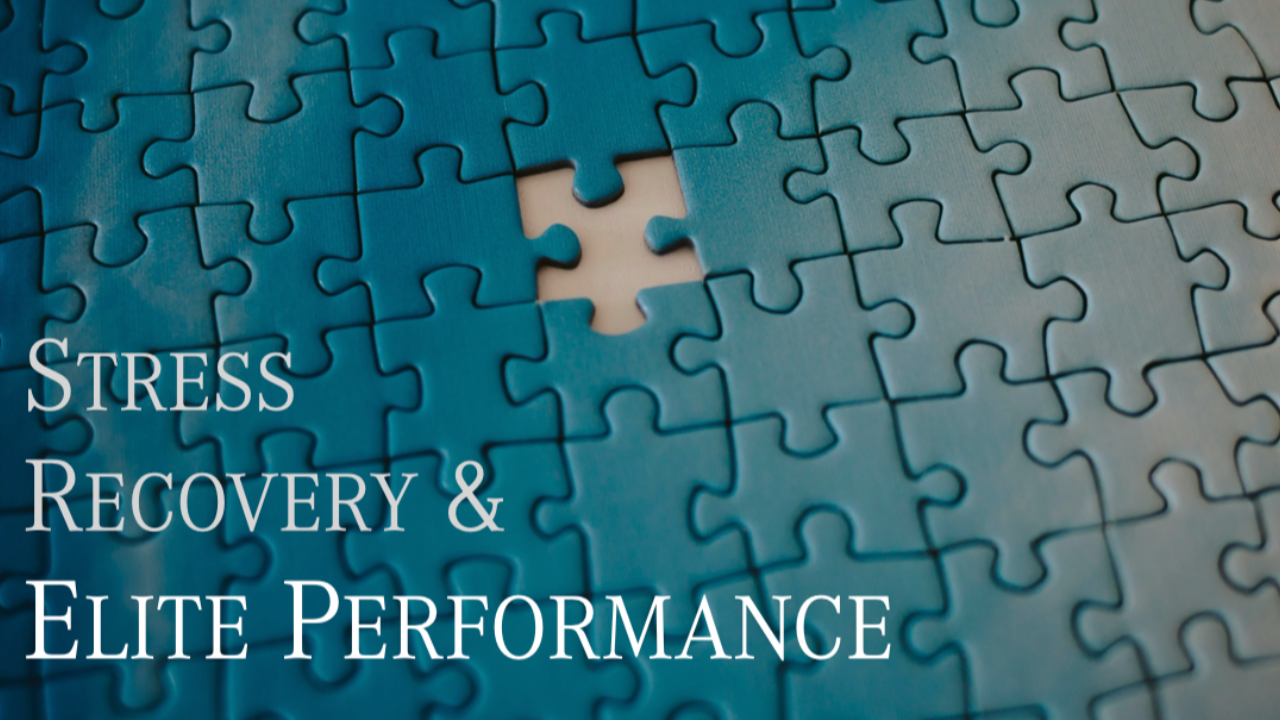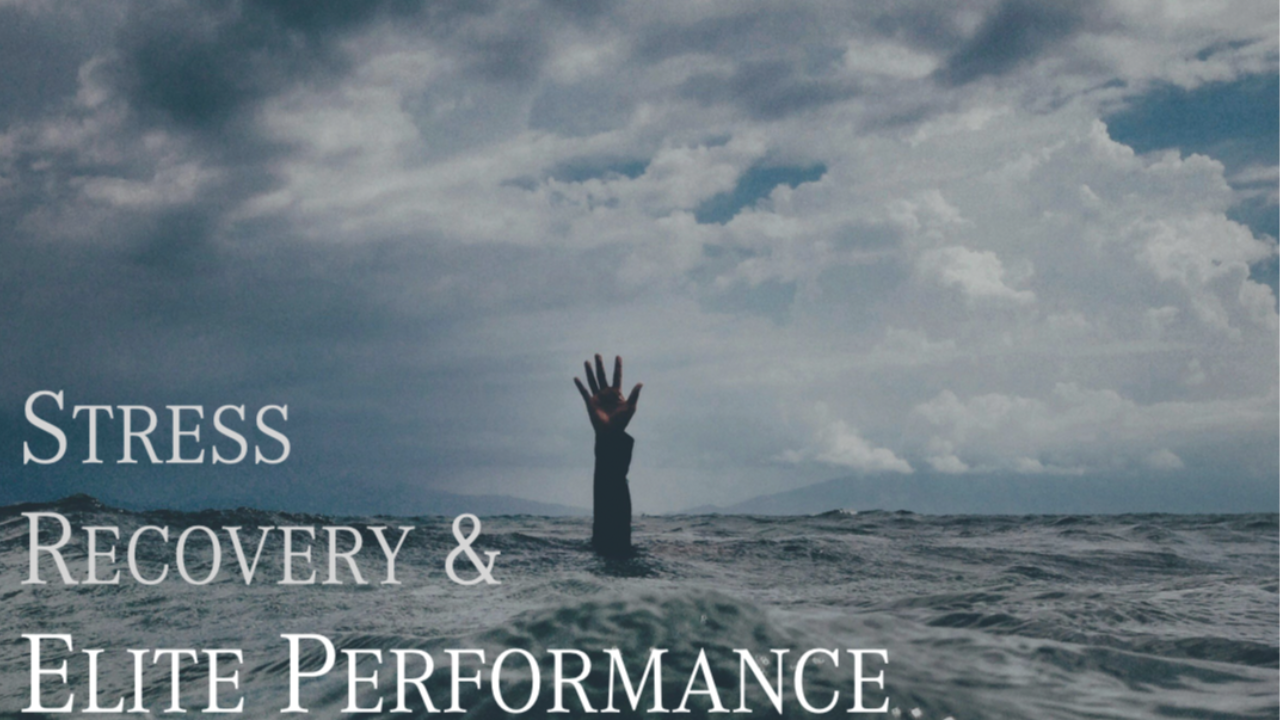How Premier League Teams Build Organizational Performance - 4 Principles
Jul 19, 2025
Four principles learned over 25+ years working with the world's elite
Why Fortune 500 leaders study elite teams performance protocols
You’re likely take a break from work to read this
What have you had today? Two? Four? Meetings already today?
You know by 3pm or 4pm you’ll probably feel the mental fog creeping in.
Correct?
Working with Premier League teams such as Bolton Wanderers, Blackburn Rovers, Liverpool FC taught me something counterintuitive about sustained excellence.
The greatest threat to peak performance isn't external competition ...
It's internal system decay.
The Four Silent Killers of Elite Organizations
- Decision Fatigue Disguised as Leadership
In soccer 15 ago, teams prioritized fitness. The logic was that harder you work, the more you run the more you win.
But we soon realized decision making was more important so we started tracking decision quality and we discovered our biggest fear: player decision quality dropped exponentially as training and games developed.
To avoid this decrement in quality, yet still maintain workload, we batched decisions, used breaks strategically. We got the same amount of work done, but kept quality high.
Elite organizations now batch critical decisions into morning blocks and use systematic frameworks for everything else.
- Analysis Paralysis Under the Microscope
Every move you make gets dissected by boards, analysts, media. It's exhausting. When working with Welsh Rugby during World Cup preparation, we discovered players were second-guessing instinctive decisions that had made them world-class.
It became a chronic issue with players every time they stepped up a level. Increased pressure meant fewer instinctive decisions.
Avoid getting caught in decision analysis loops.
The solution? Something PGA golfers, elite teams and units do - develop predetermined response patterns that eliminate hesitation in high-stakes moments.
- Crisis Performance When Everyone's Watching
Markets crash. Regulations shift overnight. Competitive threats emerge. Your organization looks to you for steady leadership while your nervous system screams "fight or flight."
At the 49ers, I shared experiences and methodologies from special operations units who don't just prepare for success—they rehearse crisis scenarios.
Elite teams build and prepare "chaos protocols" that maintain optimal decision-making when everything falls apart.
- The Success Trap Nobody Talks About
After major wins, teams get comfortable.
Complacency creeps in disguised as confidence. I've seen billion-dollar companies lose market share not because they lacked talent, but because their internal systems went soft after achieving breakthrough results.
Great teams are always developing and bringing in new talent – not just when things go great or wrong and offsetting complacency by embedding a ruthless reflection process.

Here’s What Elite Performers Actually Do
They focus on systematic approaches that adapt while maintaining peak internal performance:
Energy Architecture: Like NASA mission control, they design their day around cognitive peaks. Critical decisions happen during biological prime time, not when convenient.
Pressure Simulation: They practice high-stakes scenarios regularly, not just when crisis hits. Your team should be making million-dollar decisions under controlled stress weekly.
Systematic Recovery: Elite performers know recovery isn't optional—it's programmed. They design restoration into their systems, not as an afterthought.
Complacency Protocols: They build challenge mechanisms into success periods. When things are going well, they intentionally introduce controlled disruption to maintain edge.
The Elite Difference
Elite organizations don't just have better talent.
They have better systems that maintain peak performance regardless of external conditions – they develop systems and methods that sustain excellence when the pressure never stops.





